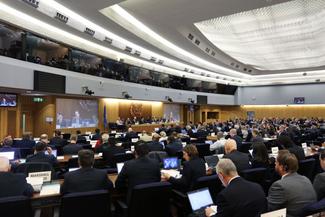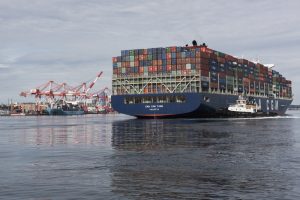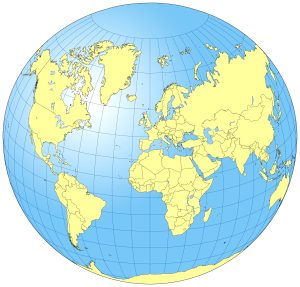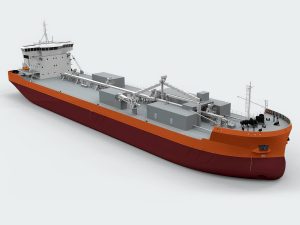In a landmark decision reached at the end of last week in London, a working group of the International Maritime Organization has recommended a global ban on the use of heavy fuel oil (HFO) by ships sailing in Arctic waters, with some notable exceptions, beginning on July 1, 2024. The decision by the Sub-Committee on Pollution Prevention and Response now moves for consideration and approval by the IMO’s Marine Environmental Protection Committee 76 this autumn.
Earlier last week, Canada had confirmed it would end its opposition to banning HFO (drawing sharp criticism from NEAS, a major Canadian provider of Arctic sealift services). This had left Russia as the sole holdout among the eight Arctic states. But the draft document allows Arctic states to waive the ban for vessels flying their own national flags while traveling in their domestic waters until July 1, 2029.
This was a significant concession to secure Russian support. Shipping volume along Russia’s Northern Sea Route (NSR) has multiplied ten-fold in the past decade.
In addition, all double-hulled vessels – ships that have two layers of watertight hull – are also exempt from the ban until the middle of 2029.
Environmental groups expressed disappointment over the ban not going far or quickly enough.
“While the IMO has made some progress this week on controlling heavy fuel oil use and carriage as fuel in the Arctic, it is outrageous that Member States are prepared to accept another decade of threats from HFO spills to Arctic communities, the environment and wildlife,” said Dr Sian Prior, Lead Advisor to the Clean Arctic Alliance, a coalition of 18 non-governmental organizations.
“We will continue advocating for a full ban to protect our Indigenous communities and our environment,” said Lisa Koperqualuk, Vice-President of Inuit Circumpolar Council Canada.
HFO accounts for an estimated 60% of all fuels used in the Arctic region. It has been banned in the Antarctic since 2011. It is considerably less expensive than such other, cleaner fuels as marine diesel oil composed of various blends of distillates. (photo IMO)





